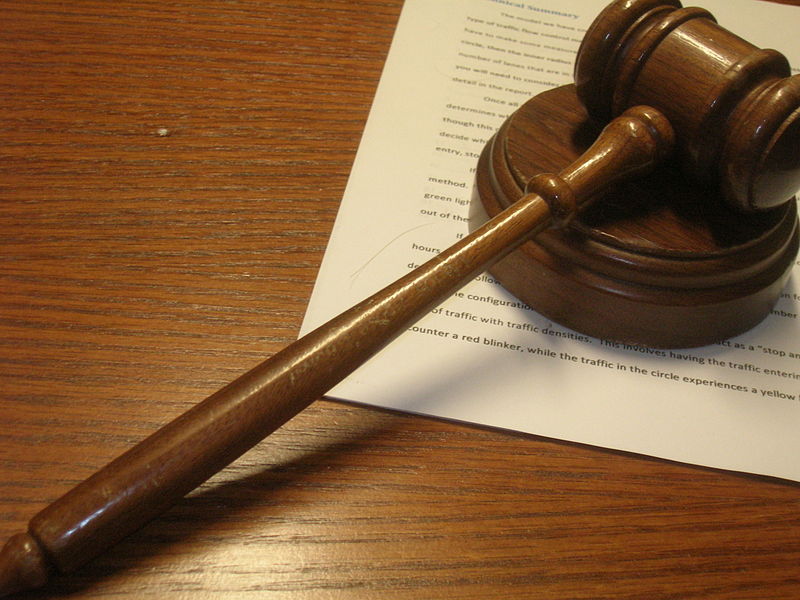By DAMIEN FISHER, InDepthNH.org
The Exeter man who was charged with criminal defamation for criticizing a police officer online later argued the law is unconstitutional, but the First Circuit Court of Appeals ruled that false statements do not fall under the First Amendment.
Robert Frese was charged with criminal defamation after he placed an anonymous comment online calling a retiring Exeter police officer “’the dirtiest[,] most corrupt cop [Frese] ha[d] ever had the displeasure of knowing’ and that the officer’s daughter was a prostitute.”
New Hampshire is one of the few states to have a criminal defamation law on the books and allows prosecution for people who make “knowingly false statements” that will make the subject of those statements open to “public hatred, contempt or ridicule.”
Read the ruling here.
Frese, whose publicly listed phone number is disconnected, was charged with criminal defamation in 2018 for his comments about the police officer and his case caused an uproar. The charges were dropped after the public outcry forced the New Hampshire Attorney General’s Office to get involved in the case.
The Attorney General’s review found police did not establish probable cause for the arrest and did not prove that Frese knew his statements were false when he made them.
Frese then filed a complaint seeking to have New Hampshire’s criminal defamation law deemed unconstitutional, which was dismissed in U.S. District Court. Frese appealed.
The First Circuit Court of Appeals ruled Tuesday that while criminal defamation laws are troubling in a free society, New Hampshire’s statute meets Constitutional muster.
“Mindful of the Supreme Court’s guidance that ‘the knowingly false statement and the false statement made with reckless disregard of the truth, do not enjoy constitutional protection[,]’ we conclude that Frese’s allegations fall short of asserting viable constitutional claims,” wrote Judge Jeffrey Howard.
Howard assumed senior status on March 31, having previously served as Chief Circuit Judge from 2015 to 2022. Howard previously served as the U.S. Attorney for the District of New Hampshire and as New Hampshire’s Attorney General.
Frese was represented by the New Hampshire American Civil Liberties Union. Gilles Bissonnette, legal director for the NH ACLU, did not respond to a request for comment.
The 2018 incident was the second time Frese had been charged with defamation. In 2012, he ended up pleading guilty for reportedly going online and calling a Hudson life coach’s business a scam and accused the man of “being involved in a road rage incident and distributing heroin,” among other things, according to the ruling.
Frese ended up paying $372 in fines related to that guilty plea.
Frese has a checkered history with Exeter law enforcement. According to a NHPR story, between 2001 and 2018, he was subject to more than 100 police reports, including neighbor disputes, traffic violations, and 63 no trespassing orders.
While agreeing with the ruling on Constitutional grounds, Judge O. Rogeriee Thompson, notes that criminal defamation laws have their history in anti-democratic movements that sought to shut down dissent.
“(T)hese laws have their genesis in undemocratic systems that criminalized any speech criticizing public officials. True, that is not today’s American system per se,” Thompson wrote. “But like it or not, that is where our system’s roots lie, and even in view of the rightly heightened standards we deploy when reviewing laws that restrict speech, it is remarkable that we are still confronting laws criminalizing speech at all.”
Thompson wrote that laws like New Hampshire’s are used selectively to silence critics of power, and that prior Court rulings that find such laws Constitutional are disquieting in a free country.
“By my lights, criminal defamation laws — even the ones that require knowledge of the falsity of the speech — simply cannot be reconciled with our democratic ideals of robust debate and uninhibited free speech,” Thompson wrote.






